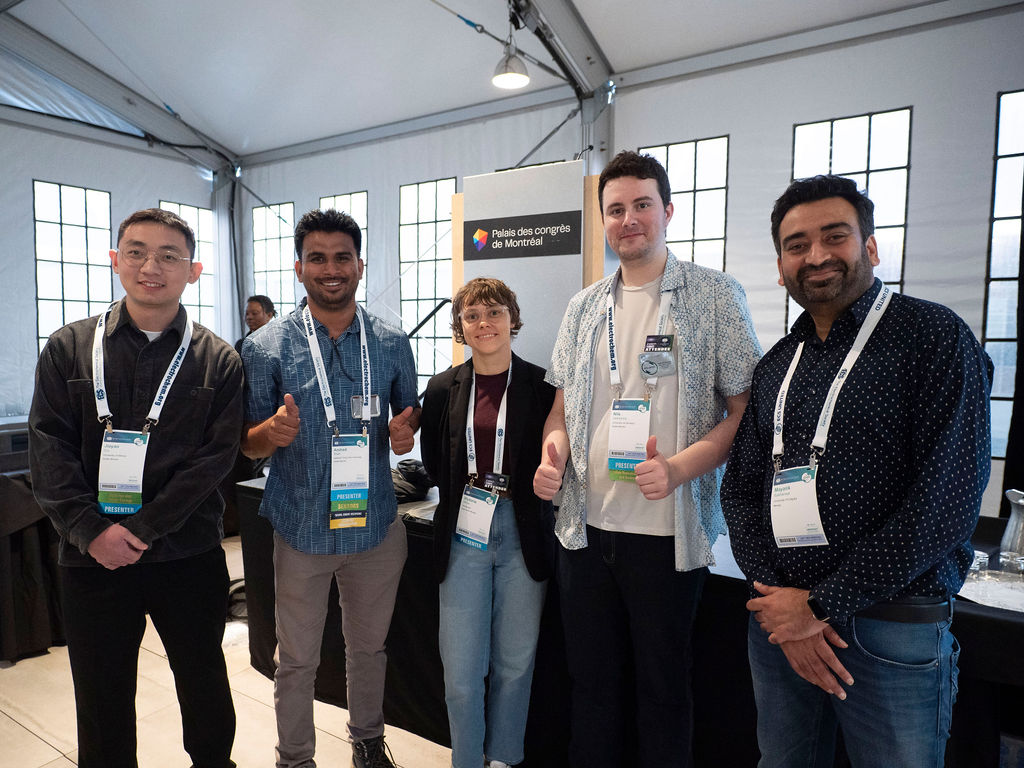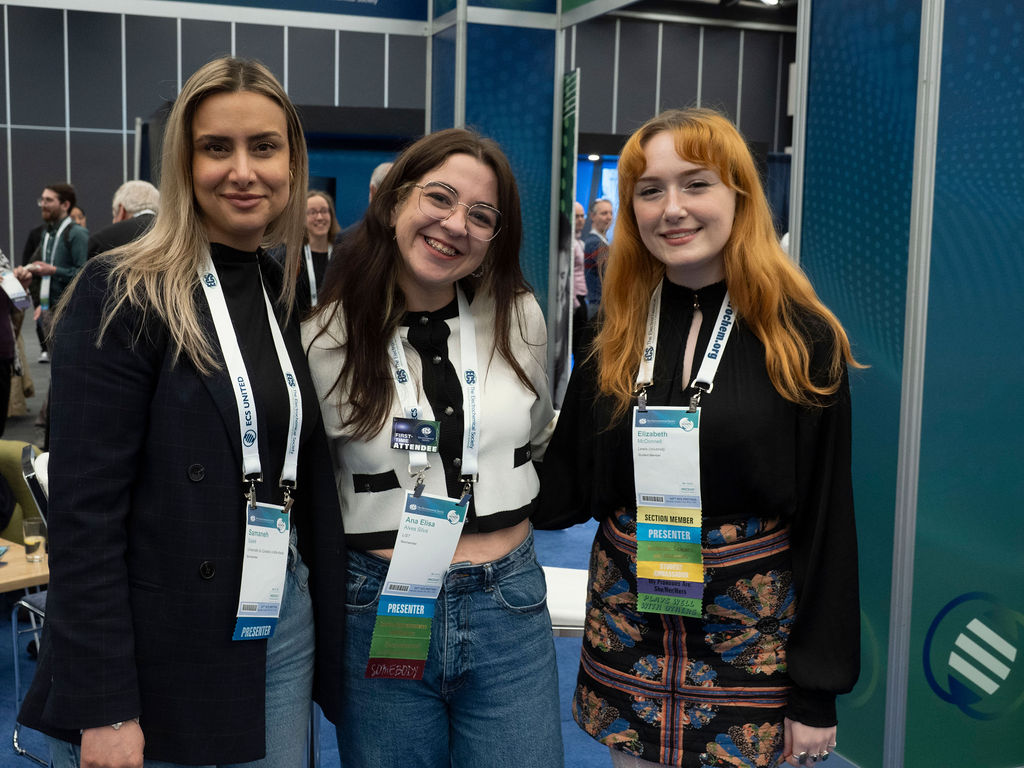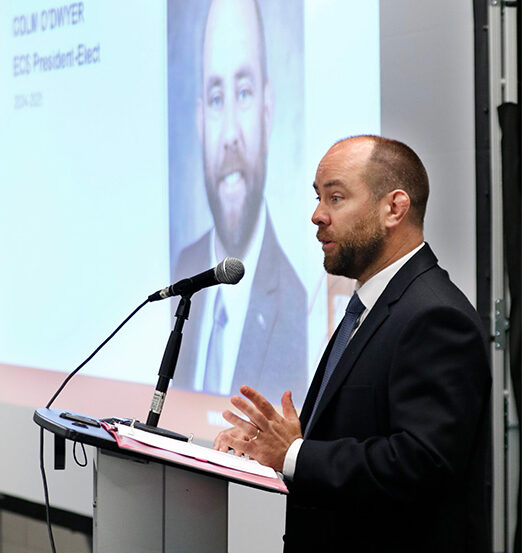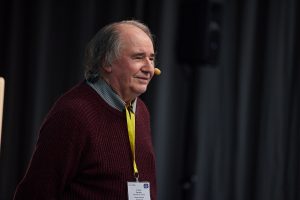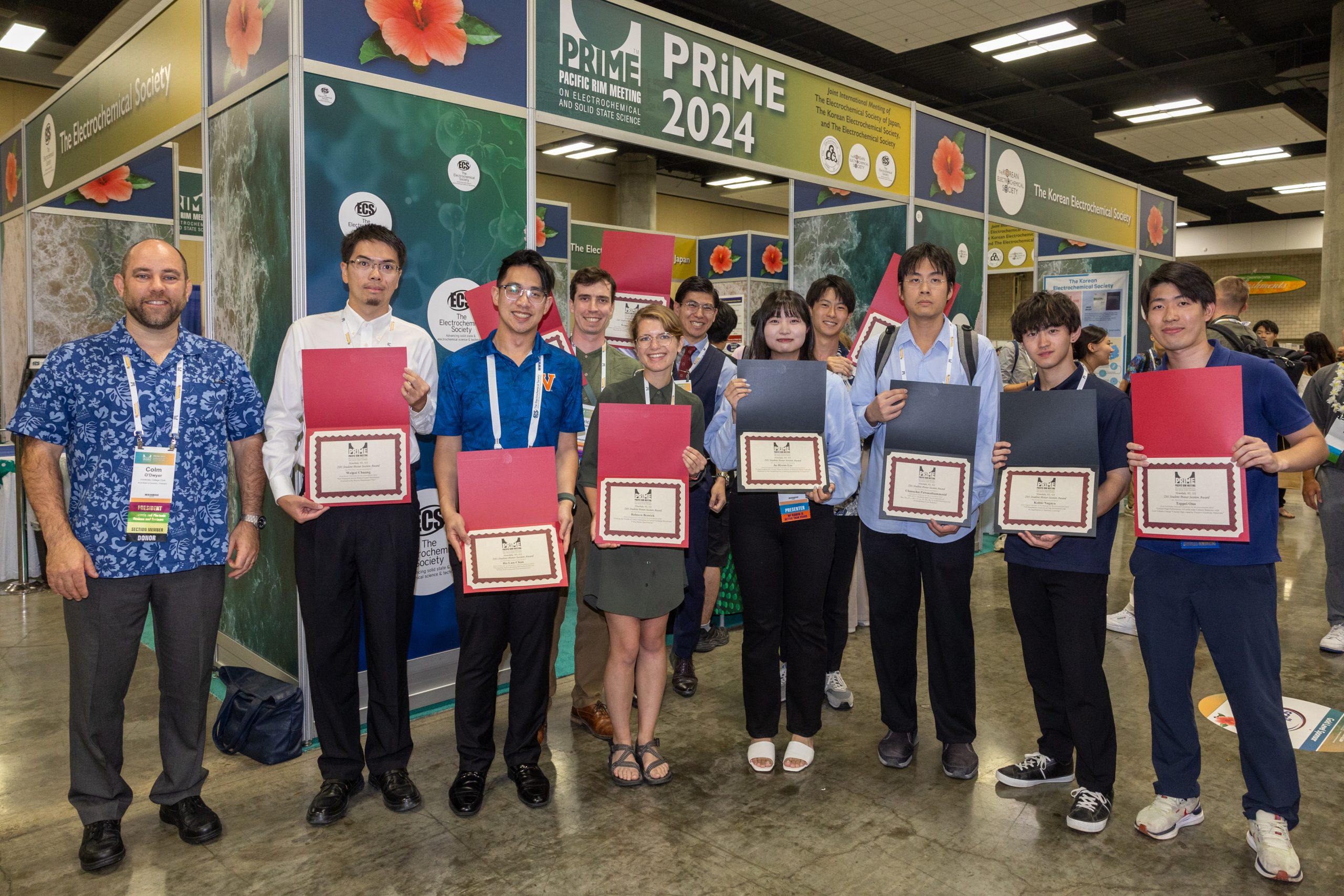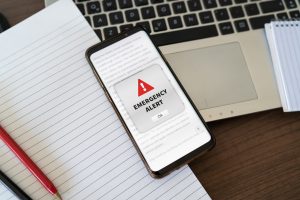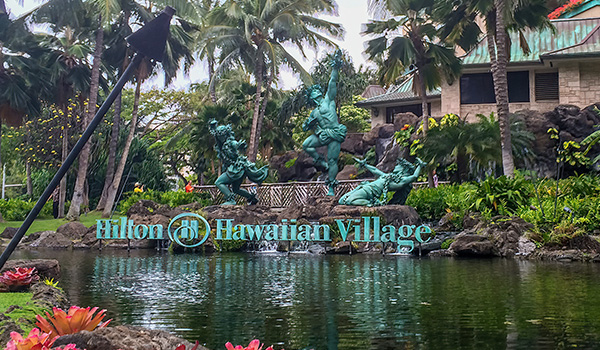March 16-18, 2026 | ITESO
Join leading researchers from across the Americas to address pressing environmental and economic challenges through electrochemical innovations at the inaugural Pan-American Conference on Electrochemistry for Sustainability (PACES) 2026! The electrochemical community gathers from March 16-18, 2026, at the Instituto Tecnológico y de Estudios Superiores de Occidente (ITESO), in Guadalajara, México. The Electrochemical Society (ECS) is sponsoring the conference, along with the Sociedad Mexicana de Electroquímica (SMEQ), Instituto Tecnológico y de Estudios Superiores de Occidente (ITESO), and ECS Mexico Section.



